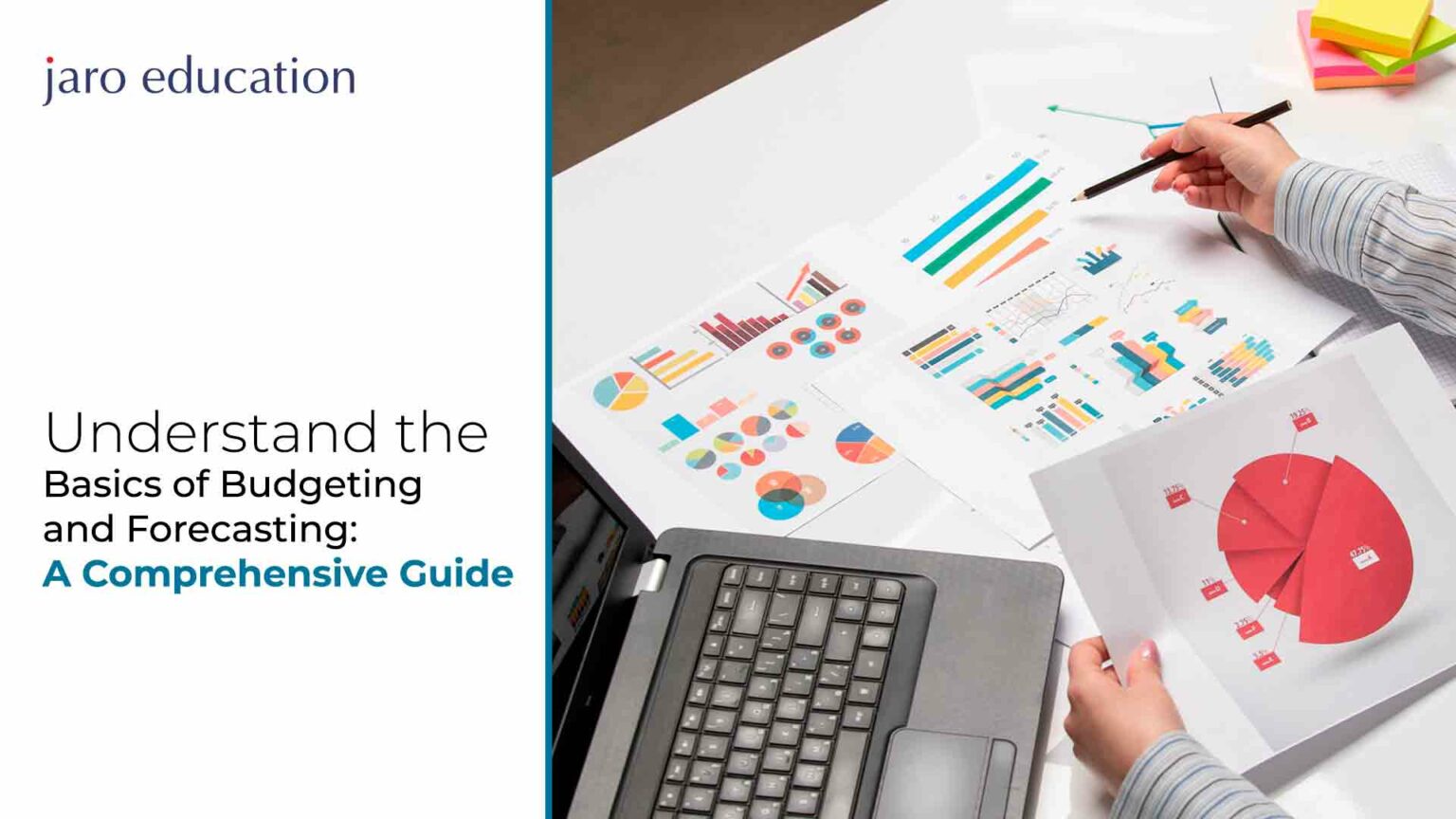
Understand the Basics of Budgeting and Forecasting: A Comprehensive Guide
Budgeting and forecasting are primary terms for business and management. And if you are someone interested in business management, then you need to understand the basics of budgeting and basic of forecasting.
There’s a line between budgeting and forecasting. The difference between budgeting and forecasting comes when there is the designation of specific roles in the business. Forecasting helps to portray a big picture of what a company has to achieve; budgeting involves financial goals and is related to revenue expectations and expenses over a period. However, both roles guide companies in the right direction.
If you are pursuing an online BBA course, you shouldn’t miss this one and understand the fundamental basics of budgeting and forecasting as a role.
Table Of Content
What is Budgeting?
What is Forecasting?
Ways for Successful Budgeting and Forecasting
What is Budgeting?
Budgeting is the strategic planning and the process of a company’s finances for a particular period of time. It includes outlines of available cash flow, expenses, and estimated revenue. It also helps allocate financial resources and how much to spend per the company’s requirements.
However, before planning a financial budget, you need to find the challenges of revenue and business expenses. In solution to that, create a finance business outline and ensure that it is well-detailed that is achievable. ‘
Moreover, budgeting helps to compare actual results to determine how they vary from the expected performance. Also, it is not required to create daily because it can be calculated for an entire year simultaneously. There are no specific rules. The company may need to be flexible and allow the budget to adjust accordingly to the company’s financial situation.
What is Forecasting?
Forecasting means an estimate of a company’s future financial outcome by analysing historical data. It allows management teams to make crucial results and outputs based on previous monetary data.
However, unlike budgeting, there is no need to analyse estimates and actual performance in financial forecasting. Another essential element is that it requires regular updates instead of monthly or quarterly as business planning and operations keep changing.
Financial forecasting is helpful for both the long-term and the short-term. Financial forecasting helps employees to develop long-term goals. Moreover, with forecasting, the management team can make an immediate decision based on the forecasted data.
Ways for Successful Budgeting and Forecasting
Ensure Planning is Realistic
Your entire forecasting will turn wrong if you have planned as it should be. To make your budgeting plan and financial forecasting near to accurate, you must predict realistically. Keeping too high or low goals can provide negative results.
Hence, it will show on the entire outcome and is likely to make some loss in the company’s finance. Thus, to keep your budgeting and forecasting successful, you need to ensure that planning has realistic goals to achieve.
Frequent Analzye Budget and Update Forecast
Once the planning and budget are drafted that does not indicate that the work is finished. Nevertheless, to make it successful and achieve the business goals, you must monitor the budget and take regular updates regarding the forecast.
It will ensure that the company is moving in the right direction and whether any changes are required or not. Moreover, with best practices, the company can achieve more business goals.
However, to understand more basics of budgeting and forecasting, enroll in an online BBA course from Dr. Dy Patil University. It will upscale your knowledge and give you the best learning. To get more information, visit Jaro Education.

